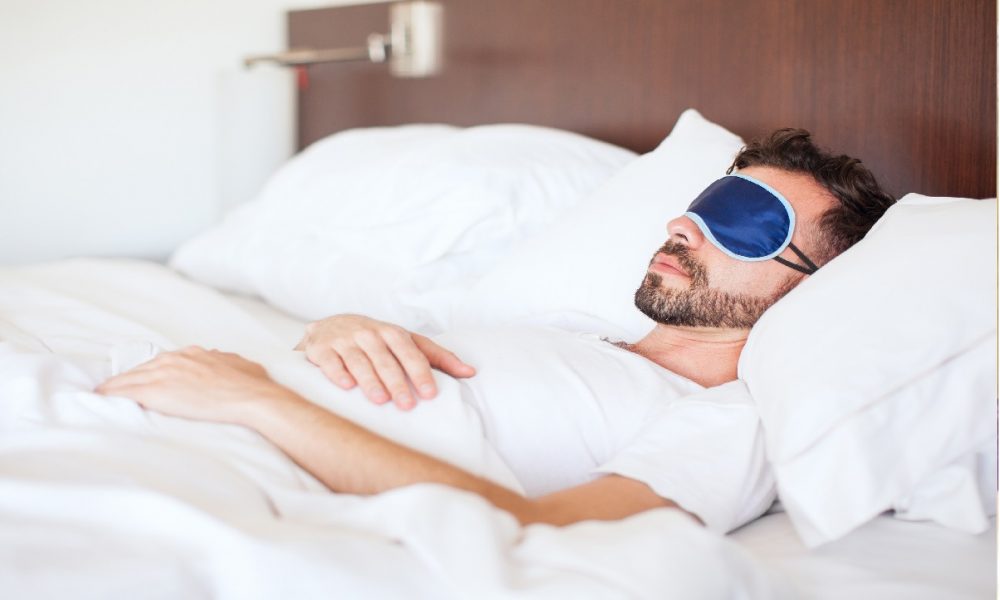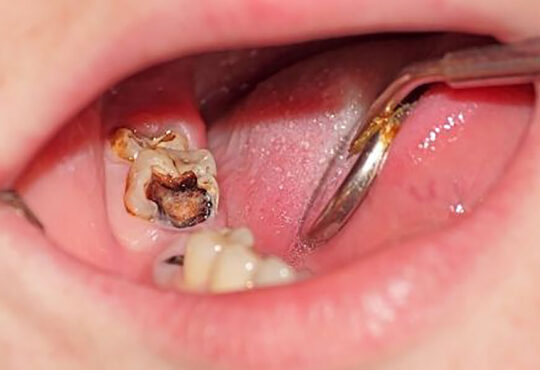Sleep Hygiene: Strategies for a Better Night’s Rest

Sleep is essential for maintaining good physical and mental health. However, many of us struggle to get the recommended seven to nine hours of sleep per night. Poor sleep quality can lead to a host of health problems such as obesity, diabetes, heart disease, and depression. The good news is that there are several strategies you can implement to improve your sleep hygiene and get a better night’s rest.
Stick to a Consistent Sleep Schedule
One of the most effective ways to improve sleep hygiene is to establish a consistent sleep schedule. Try to go to bed and wake up at the same time every day, even on weekends. This helps regulate your body’s internal clock, making it easier to fall asleep and wake up naturally.
Create a Relaxing Bedtime Routine
Another important aspect of sleep hygiene is creating a relaxing bedtime routine. This can include activities such as taking a warm bath, reading a book, or practicing relaxation techniques such as deep breathing or meditation. Avoid stimulating activities such as watching TV or using electronic devices, as the blue light emitted by these devices can interfere with your body’s natural sleep-wake cycle.
Create a Comfortable Sleep Environment
Your sleep environment can also play a significant role in your sleep quality. Make sure your bedroom is dark, quiet, and cool. Invest in a comfortable mattress and pillows that support your body’s natural alignment. Use curtains, blinds, or an eye mask to block out any light that may disturb your sleep. Earplugs or a white noise machine can help drown out any background noise that may disrupt your sleep.
Limit Stimulants and Alcohol Consumption
Stimulants such as caffeine and nicotine can interfere with your ability to fall asleep and stay asleep. Try to avoid consuming these substances at least four to six hours before bedtime. Similarly, while alcohol may initially make you feel drowsy, it can disrupt the quality of your sleep, leading to more frequent awakenings and a less restful night’s sleep.
Get Regular Exercise
Regular exercise can also improve your sleep quality. Aim for at least 30 minutes of moderate exercise per day, such as walking, jogging, or cycling. However, avoid exercising too close to bedtime, as this can increase your heart rate and make it harder to fall asleep.
Manage Stress and Anxiety
Stress and anxiety can make it difficult to fall asleep and stay asleep. Try to manage stress by practicing relaxation techniques such as deep breathing, meditation, or yoga. If you find that stress or anxiety is interfering with your sleep on a regular basis, consider talking to a mental health professional for additional support.
Sleep hygiene is essential for maintaining good physical and mental health. By following the strategies outlined above, you can improve your sleep quality and wake up feeling refreshed and rejuvenated each morning.










